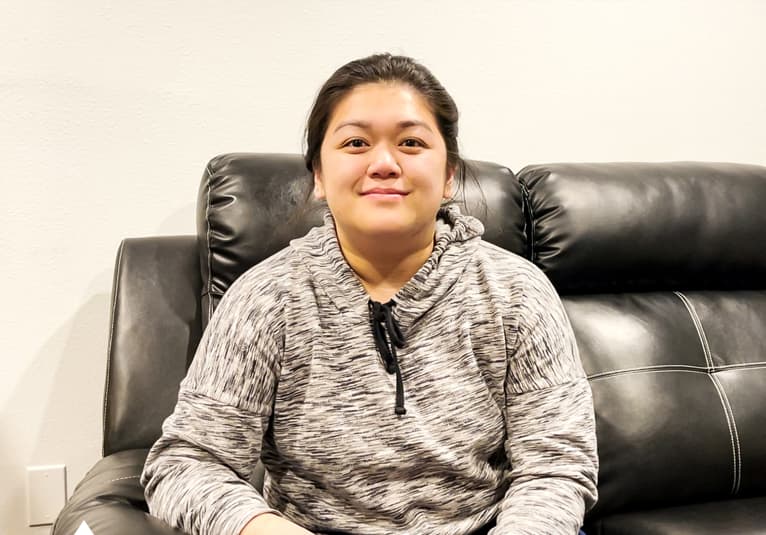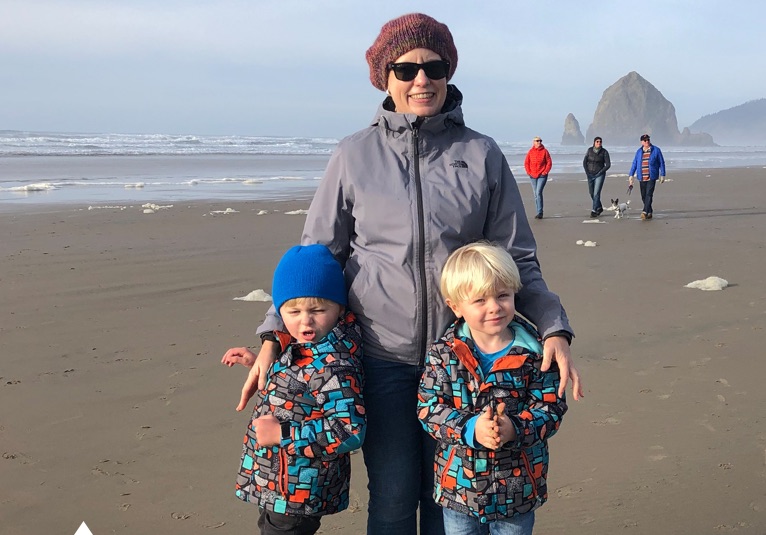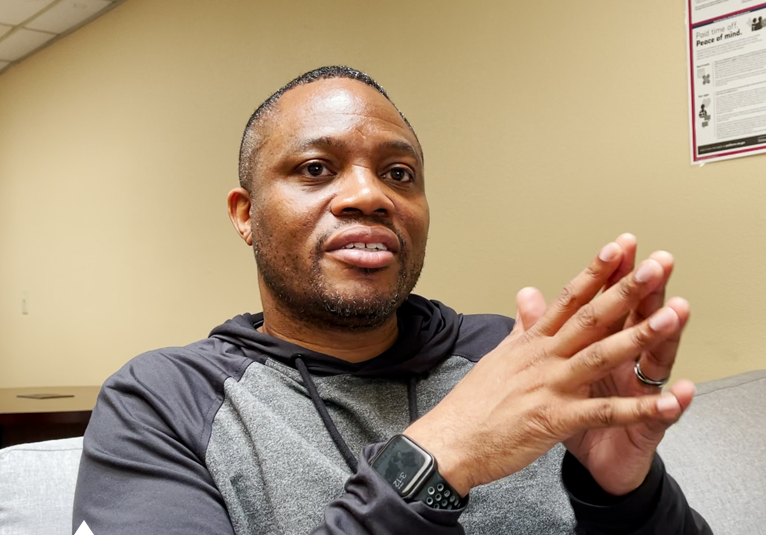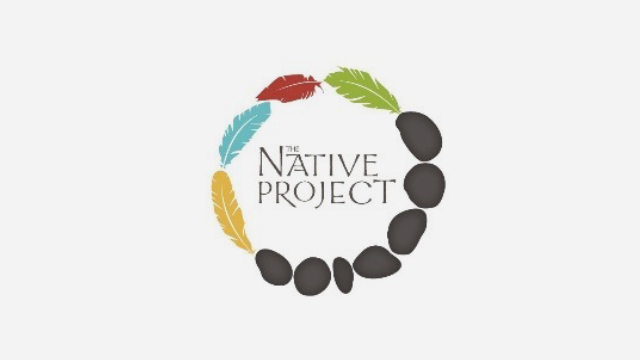Tovah F Building Relationships is the Foundation
What we know about the pandemic is that seeing systemic racism in a school system has always been there. It’s something that we have talked about, and many school districts are enforcing equity and racial equity workforces in their school system, to identify and to start action, planning to close the opportunity gap, and to close some of that disproportionality. When the COVID pandemic hit us, it only exacerbated what we already knew. It only exacerbated the systemic racism within our school districts. Many of the school districts that I worked for are historically low income school districts, and those predominantly were black and brown students.
Many English language learners, and many of those school districts didn’t get computers to support their students for that entire spring that we were closed. We were closed from March 16 through the end of the school year, months where students did not have any outlet for education. It is really important for us as a country, for us as educators, for us as support systems for youth, to recognize how race has shown up within our school districts and within our school systems during COVID. We know that many, many students have been impacted by mental health.
We know that for black and brown students, we have seen the largest increase in suicide attempts and suicide completions. And these are for youth ages 14 to 17.
As a white educator, it is my responsibility to continue to educate myself, to know how to support and advocate for the youth that need it the most. And in our country right now, we know that that is black and brown youth. The first thing that we can do is start to build a relationship with our students. Our students do not have to look like us for us to be able to connect with them. Start talking to them.
Engaging conversations get to know what they’re interested in outside of school, get to know what their challenges are, get to know how they feel about the school system. You might be really surprised to hear some of the stories and some of the experiences that you have had, and that is where you can start to build a connection. The most important universal intervention to support students is to build relationships with them. That is where it has to start. That foundation of understanding our students socially, emotionally behaviorally is first with forming a relationship with them.











